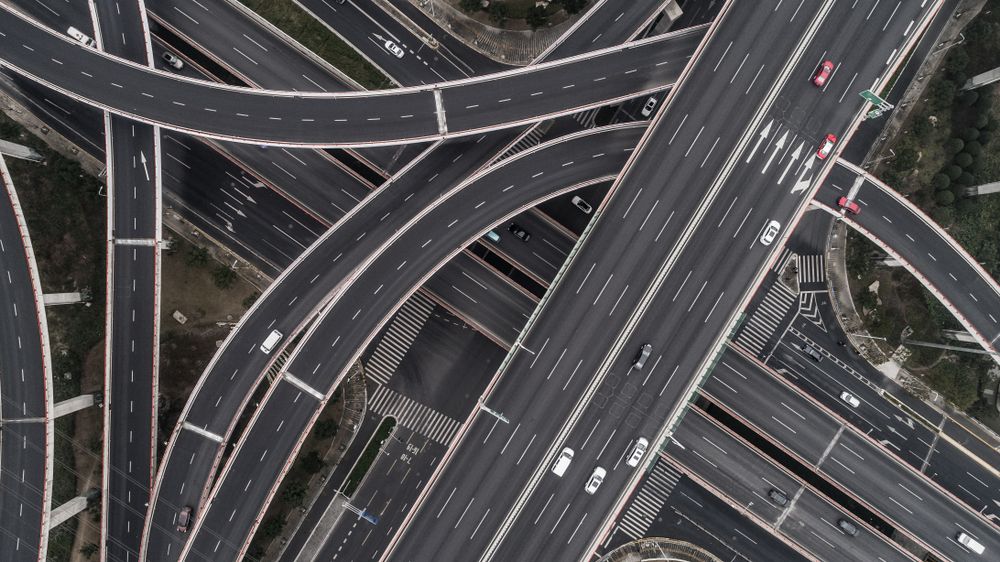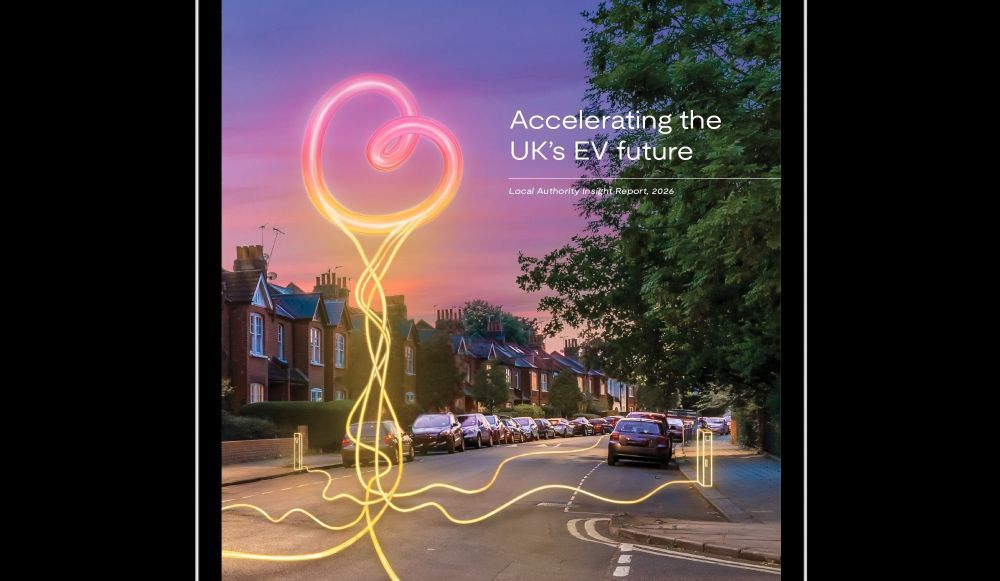The Welsh Government has scrapped some of its biggest road building schemes and released details of its Roads Review.
The Roads Review was set up in June 2021 by the Deputy Minister for Climate Change and was made up of an independent panel of experts to review road schemes in development across Wales. Of the 55 road schemes that were assessed, a large number have now been scrapped including the ‘Red Route’ in Flintshire which would have destroyed an ancient woodland.
Schemes were examined to establish if they were in line with Welsh Government policy and, in particular, if they could assist in tackling the climate and nature emergencies.
Deputy Climate Change Minister Lee Waters said: ”We will not get to Net Zero unless we stop doing the same thing over and over,” as he set out findings from some key documents that shape the future of road building in Wales.
The new documents include the findings of the Roads Review Panel – an independent expert group tasked with assessing more than 50 road building projects – and the Welsh Government’s National Transport Delivery Plan.
Together, the documents show the status of 59 projects in total including those going ahead, those not progressing at this stage and those replaced by revised works.
Speaking in the Senedd, Lee Waters said: ”When we published the Wales Transport Strategy two years ago, we committed to start upon a llwybr newydd – a new path.
”The publication of this Roads Review, along with the National Transport Delivery Plan, and our new Roads Policy Statement, represents a major step forward on that journey. Let me be very clear at the outset, we will still invest in roads. In fact, we are building new roads as I speak – but we are raising the bar for where new roads are the right response to transport problems.
”We are also investing in real alternatives, including investment in rail, bus, walking and cycling projects. Of course, doing that in an age of austerity is very challenging. Not only are we not getting our share of HS2 investment, but the UK Government is pushing many bus services over a cliff edge, as well as slashing our capital investment budgets.
”Even if we’d wanted to keep progressing all the road schemes in the pipeline we just do not have the money to do so. Our capital budget will be 8% lower next year in real terms as a result of the UK Government’s failure to invest in infrastructure. With fewer resources it becomes even more important to prioritise and the Roads Review helps us to do that.”
The roads review was announced by the Deputy Minister in June 2021freezing all road building projects.
An independent panel was then created and tasked with reviewing the projects considered part of the review.
The panel, led by transport consultant Dr Lynn Sloman MBE, presented its findings to Welsh Government in September 2022 and were made public today.
The findings come with some key recommendations from the panel, including four new road building tests.
Going forward, the Welsh Government will only consider future road investment for projects that:
- Reduce carbon emissions and support a shift to public transport, walking and cycling
- Improve safety through small-scale change
- Help the Welsh Government adapt to the impacts of climate change
- Provide connections to jobs and areas of economic activity in a way that maximises the use of public transport, walking and cycling
In developing schemes, the focus should be on minimising carbon emissions, not increasing road capacity, not increasing emissions through higher vehicle speeds and not adversely affecting ecologically valuable sites.
The Deputy Minister continued: ”Our approach for the last 70 years is not working. As the review points out the by-pass that was demanded to relieve congestion often ends up leading to extra traffic, which in time brings further demands for extra lanes, wider junctions and more roads.
”Round and round we go, emitting more and more carbon as we do it and we will not get to Net Zero unless we stop doing the same thing over and over. Greater cuts in the next ten years than the whole of the last 30 – that’s what the science says we need to do if we are to future-proof Wales.
”The UN General Secretary has warned that unless we act decisively now we face a ‘climate catastrophe’. If we are to declare a Climate and Nature Emergency, legislate to protect the Well-being of Future Generations, and put into law a requirement to reach NetZero by 2050 – we simply have to be prepared to follow through.”
A small amount of the 59 projects have been classed as local authority schemes or economic development schemes.
The 15 local authority schemes will be considered in future transport grant funding rounds, subject to meeting the future road building tests and commitments in the Well-being of Future Generations Act.
The Panel’s report also mentions maintaining existing roads and supporting the movement of freight.
The Deputy Minister published a Written Statement today on the Welsh Government’s approach to road maintenance and committed to publishing a freight plan later in the year.
Industry reaction:
Tim Birch, Senior Policy and Advocacy Manager at Wildlife Trusts Wales, says: “It is clear that the Welsh Government has recognised that business as usual is not an option when it comes to road building across Wales – the climate and nature emergencies must be urgently addressed. Tackling the emissions from the transport sector, which currently makes up over 15% of the total carbon emissions in Wales, is critical in the fight against climate change. Building more roads to accommodate more cars not only damages the climate but destroys vital habitats for wildlife. That’s why the decision by the Welsh Government to set stringent conditions on any new road building is a very important step.
“These conditions include a need to ensure that any future road building does not lead to an increase in the release of carbon from vehicles. But critically, it seeks to ensure that any future roads do not destroy ecologically valuable sites. This step will hopefully see the end to damaging road schemes.”
Image courtesy of Shutterstock.











